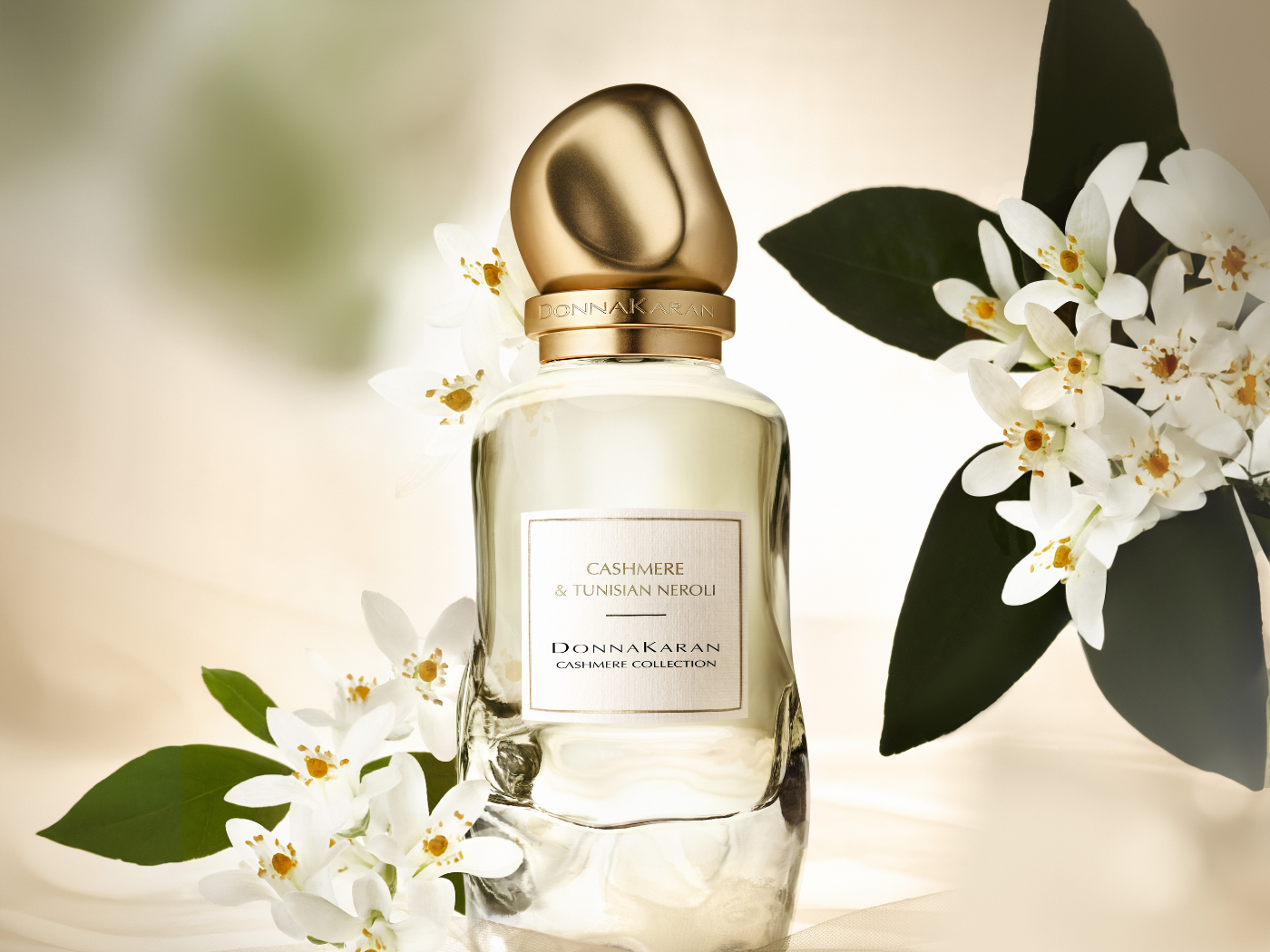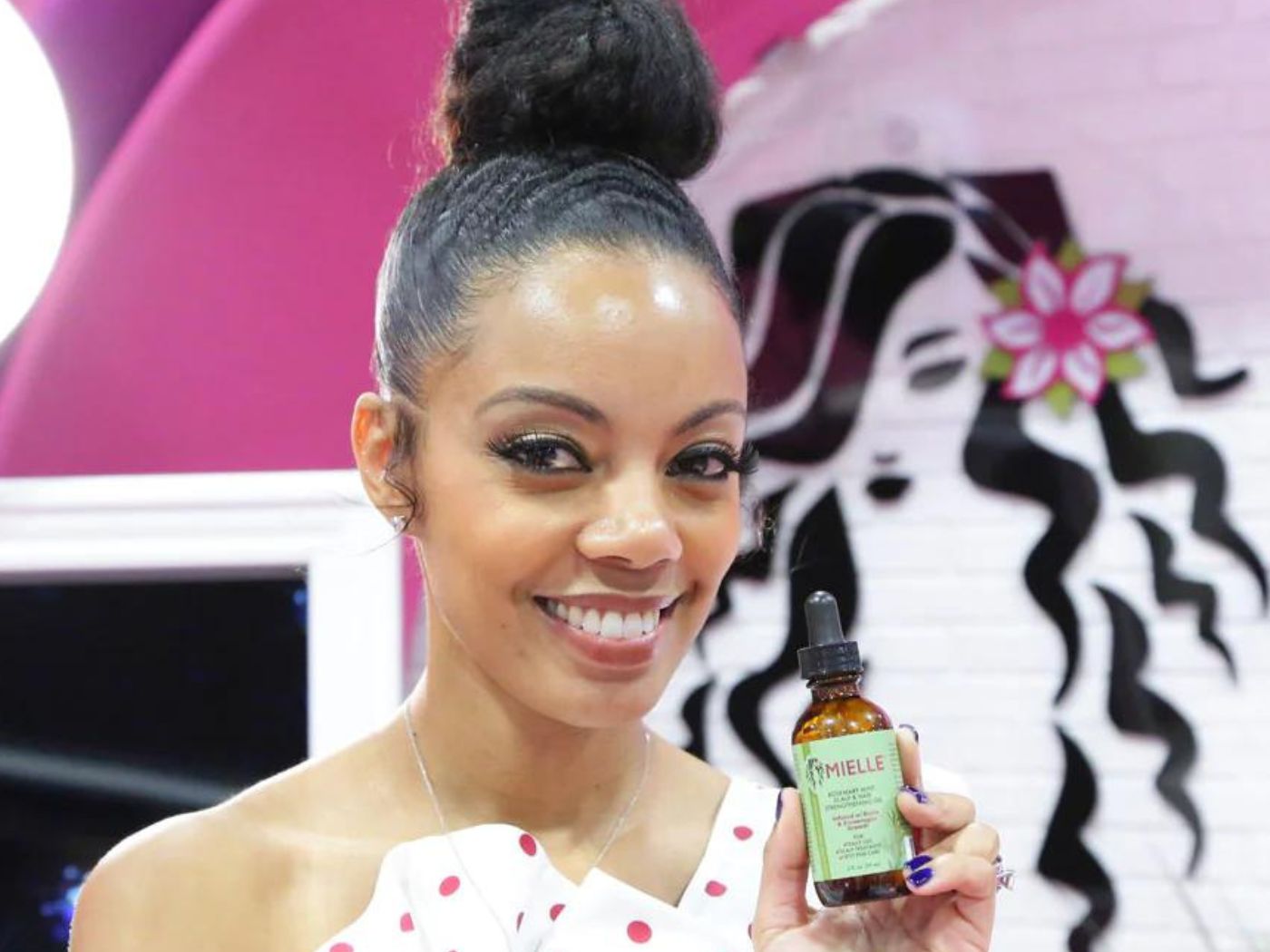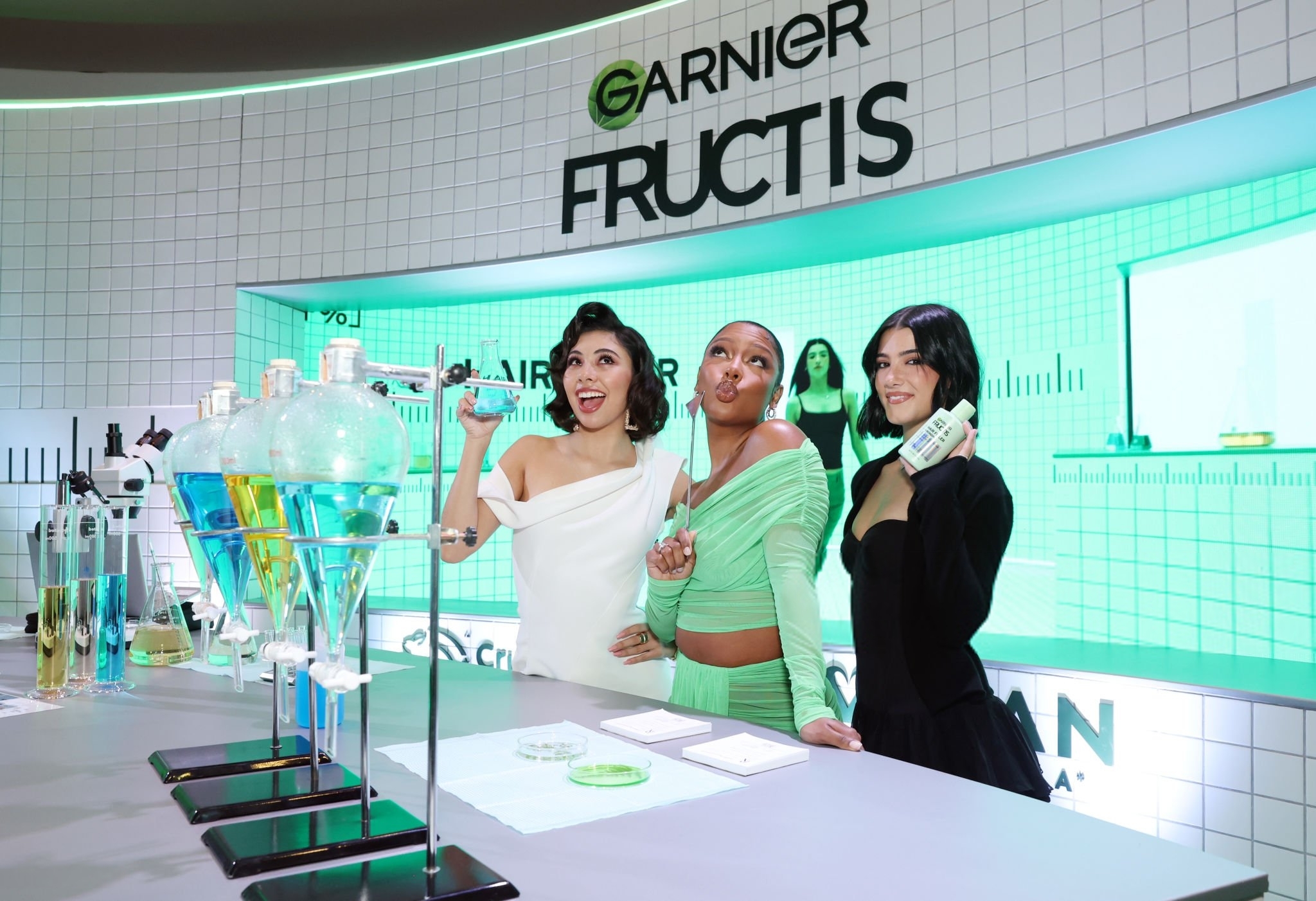Stylist and colorist David Brodsky is taken with the color green.
You won’t see it splashed across the walls of his two New Jersey salons, called Artists & Architects (located in Ridgewood and Summit, NJ), or woven into his mostly black wardrobe. Instead, green guides his business practices: last spring David signed on with Green Circle Salons in a concerted effort to reduce — and reuse — the waste generated by his salons. Now, plastics and foils (even those laden with chemicals) can go through a recycling process.
The program allows his business to divert “up to 90 percent of its waste from landfills,” said David.
That’s the mission of Green Circle founder, Shane Price.
Shane, a naturalist based in Toronto, Ontario, began the company after asking his stylist what happens to the waste generated by the salon. Shane, who has a background in molecular biology and biochemistry, got to thinking.
Then he sprang into action, pulling together a team of salon professionals and manufacturers to draft a solution to the problem. He started Green Circle in 2009. Today there are 1,683-member salons across North America.
David of Artists and Architects explains that in the past, salons couldn’t recycle much of their waste because of the chemicals coating the materials. What’s more, many recycling centers only collect a certain type of plastics. Green Circle collects about 12 different types.
Jennifer Henry, Green Circle’s Director of Global Brand Strategy, explained that Shane discovered recyclers that will remove chemicals from plastics and foils if they have a large enough quantity of the materials to make the process worthwhile.
Green Circle organizes the collection of these materials from member salons across North America. It provides salons cardboard bins marked Papers, Metals and Plastics. Once the bins are nearly full the salon owner requests a UPS pick up, and the materials are sent off to a recycling processing center.
Green Circle has attracted the attention of several industry stalwarts including Davines, Aveda and certain L’Oréal brands, namely Matrix and Redken.
The hair care brands and distributors are a main channel for Green Circle to recruit additional salon members, said Jennifer. “If you cut hair, we want you in our program.” Green Circle charges salons $99 to join and asks that they add an eco-fee onto each service bill of about $1.50 (regardless of the cost of service). Jennifer explained.
“We call our eco-fee ESF (environmental stewardship fee), as it is voluntary and is not like your typical mandatory government eco fee. She says the fee goes directly to Green Circle’s operations, which include collection of the materials, warehousing, sorting, recycling and repurposing of the materials it collects.
“Salons are not out-of-pocket for our program,” said Jennifer, adding that Green Circle offers marketing materials to assist salons in educating their clients about the environmental stewardship fee.
Green Circle also collects hair clippings and has successfully used them — in partnership with ecological nonprofit Matter of Trust — to clean up oil spills. To do this, hair is stuffed into a nylon casing to create a boom, which effectively soaks up the oil.
Green Circle sees more uses for hair. The company is working with Justin Barone, Associate Professor at Virginia Tech, to create a bio plastic (which is plastic made wholly or partially from organic materials). “We have our first prototype of the sample now. The goal of producing bioplastics is to reduce the amount of petroleum needed in the production of plastics. Using hair has the added benefit of keeping a waste product out of landfill, and putting it to good purpose,” explained Jennifer.
Green Circle aims to introduce a bio-plastic recycling bin this winter.
Jennifer said, “We are designing the recycling bin ourselves, customizing it to the esthetic and functional needs of our salons.”
If successful, the bin could open up more uses for bio plastics — and perhaps attract interest from major hair care manufacturers.




